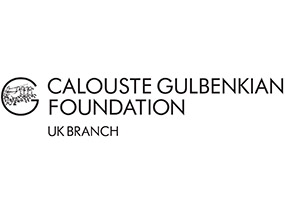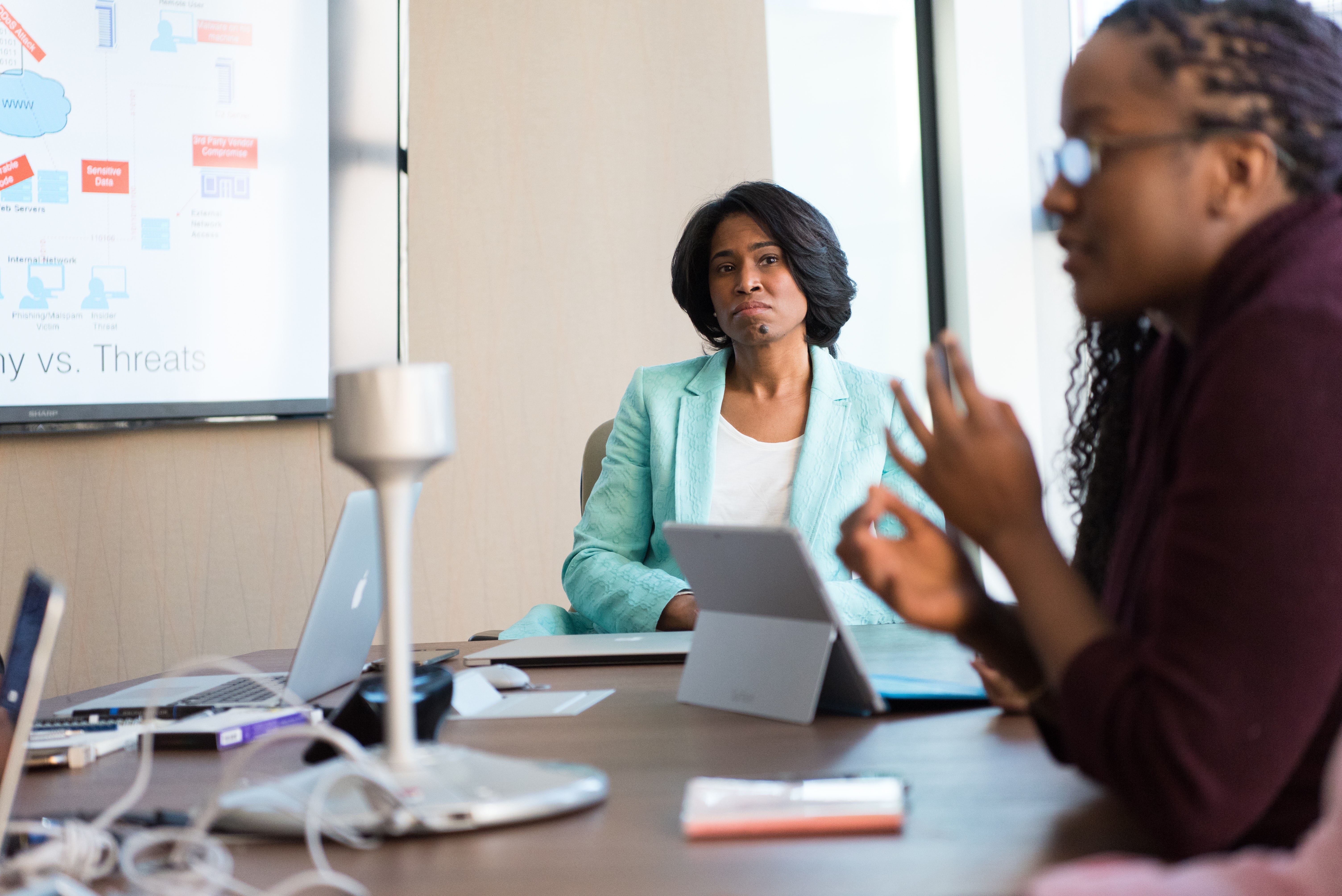As someone who works in a business which consults and campaigns around equity and inclusion, I get invited to a reasonable number of diversity awards ceremonies. They tend to be in fancy locations, with round tables, ballroom chairs and loads of speeches. Awards are given for campaigns, initiatives, employers, charities, teams, champions, heroes, lifetime achievement etc etc. You get, with your fancy dinner, a thumbnail sketch for each shortlisted entry, and a speech from the winner.
It’s often struck me at these ceremonies to wonder what conclusions you’d come to about diversity and participation, in the unlikely event that you came from Mars to attend one of these events. My first observation is that you wouldn’t know from watching these awards that disability matters. We all know the statistics are endlessly debatable, and everyone describes their experience differently, but according to the Family Resources Survey (2019-2020) 19% of the UK working-age population are disabled. On that basis, you’d expect (roughly) three award recipients at each gig to be talking about disability, plus another maybe twelve stories from the shortlist.
But that’s not how it seems to go. Maybe one, maybe none. Is it too rude to suggest that the diversity industry has a bit of a tendency to be led by media trends, occasionally becoming disconnected from the reality of getting different experiences and perspectives heard from all diversity intersections?
It’s really important that the impetus to increase diversity remains a push to increase inclusion, fairness and equity, and does not become a matter of competing interests where a strand such as disability, which impacts so many people, gets dropped from the ‘professional’ conversation.
And that lack of priority ties in with our experience in finding executives and trustees for charities. It’s really heartening that when charities think about whether their board reflects the communities they serve they now notice and are embarrassed by, the lack of racial diversity. It’s fantastic that we’ve seen so much done, especially in the past year to address this. And while we should keep racial diversity front of mind, to be truly representative of our communities, we must keep the same urgency around ensuring that disabled voices are heard. This is important when these voices bring an additive perspective about, say, the experience of accessing services. Wouldn’t it be great if organisations were just as embarrassed to say no one around the board table has a disability? Not just the health and disability charities, but across the whole sector?
So we take our hats off to organisations who demonstrate their concern to find disabled trustees. And when we talk to candidates we often find a certain weariness and wariness, so I wanted to share what we’ve learnt to talk to our clients about.
First of all, disabled candidates are worried that once again they’re being asked to share their expertise and experience for free. We come across this as a common thread across any context where there’s a lot of talk about change, but not much happens. This creates a sense that the lived experience they share isn’t being taken seriously. Then there’s a concern about resource – will the organisation pay properly for travel, can they find a way to recognise the additional time and needs for other support a disabled trustee might have? We all know that resources matter and that we value things more when we’ve put time and money into them, so resource is a measure of real intent.
We also want to know a few more things from our clients. For example, does the organisation really want to hear different and perhaps challenging voices? If anything’s going to change then everyone needs to change – is everyone ready to budge up and make room for something new? Is there a ‘board culture’ that makes it hard for people with a different perspective to be heard? Are there good induction and feedback systems, so new trustees can get in and get on? Is everyone clear that trustees with a disability are not just there to bring a lived experience perspective?
We know that increasing participation matters to organisations that represent people with disabilities, or perhaps have a big focus around access. What we also want to see is a more general recognition that we don’t have diversity until disabled people are round the table talking about things that aren’t disability.
Lots of charities talk about trying to do themselves out of a job; working towards a world where they’re no longer needed. Perhaps one day we can say the same about diversity awards.
By Joanna Moriarty, Partner, Charities & Social Enterprise at Green Park.
A huge thank you to Green Park for supporting the Governance Now 2021 conference.


